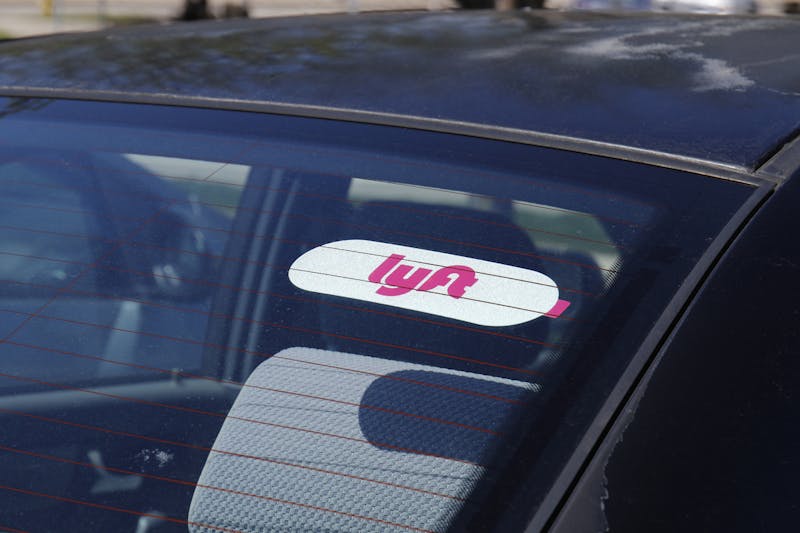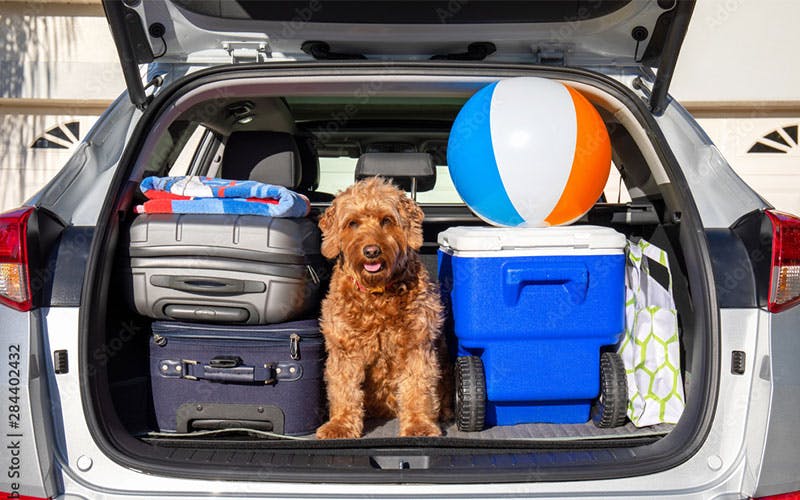Get a Free Consultation
2 minute response
24 hours a day, 7 Days a Week
Dedicated Trust Guss Intake Team
02
Oct

Self-driving Uber and Lyft “robotaxis” are transforming transportation but also creating new dangers. When one collides with a pedestrian, cyclist, or vehicle, determining fault is far more complex than in a traditional crash. Without a human driver, accountability ma...
View More02
Oct

As autonomous rideshare services expand in Houston, the city is becoming a real-world testbed for self-driving technology, bringing promise and peril. While driverless vehicles offer safety benefits, several Houston neighborhoods and roadways have become recurring hotspots for au...
View More01
Oct

Lyft is making a bold move into the autonomous vehicle (AV) space. This venture is more than just a technological experiment; it represents a major shift in how rideshare services might operate in the years ahead. The goal is ambitious: make transportation safer, more efficient...
View More12
Sep

While Uber and Lyft make getting around easier, accidents involving rideshare vehicles often raise complex legal questions. Behind the efficiency of rideshare apps lies a web of safety concerns and pressures that can lead to preventable accidents. If you or a loved one has been i...
View More12
Sep

Rideshare companies like Uber and Lyft have transformed how Texans travel. However, when an accident happens, many victims are blindsided by insurance issues. You might assume you're fully covered, but in reality, gaps in insurance coverage can leave you stuck with unpaid bills...
View More12
Sep

Rideshare apps like Uber and Lyft have changed how we get around. But when accidents happen, figuring out who's responsible can be overwhelming. Was it the driver’s fault? The company’s? Another vehicle’s? What about insurance? If you’ve been injured...
View More12
Sep

Autonomous rideshare vehicles are no longer a futuristic concept. They're operating on Texas roads today. But when something goes wrong, victims are left asking: Who’s responsible? If you’ve been hurt in a self-driving rideshare accident, you may be dealing with...
View More04
Sep

The competition to launch fully autonomous rideshare fleets is no longer just a tech headline—it's a transportation revolution in motion. Uber and Lyft are leading the charge, testing self-driving vehicles in cities across the country and forming partnerships to accel...
View More10
Jul

At Trust Guss Injury Lawyers, we know that summer in Texas means road trips, fireworks, and family time. The 4th of July is one of the busiest travel holidays of the year, and with more cars on the road, safety should be just as important as your playlist and snack stash. Whether...
View More19
Jun

📅 Saturday, July 19th 🕚 11:00 AM - 3:00 PM 2800 Antoine Dr. Ste 2854 Houston, TX 77092 (Look for us around the back of the building) We'll be there, and we hope you will be too! And to help more families experience the joy of adoption, Trust Guss Injury Law...
View More2 minute response
24 hours a day, 7 Days a Week
Dedicated Trust Guss Intake Team

